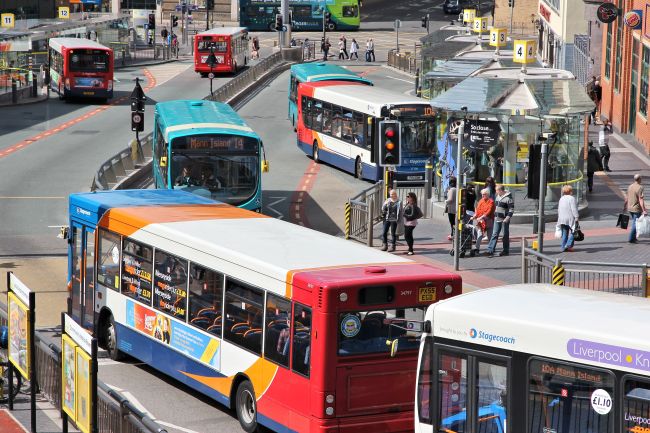The value of supplementary planning documents
Can supplementary planning documents help the planning process?

Travel plans are often accused of being ineffective – is this in part due to an inefficient planning process and can supplementary planning documents help?
Exponents of development-related travel planning will recognise the phrases ‘travel plans are a waste of time’, ‘they are ineffective’ and ‘we just do them to tick the box’. As an ex-local government officer I feel increasing empathy for local authority officers frustrated by this attitude and how it can stymie their best endeavours.
There are local authorities everywhere that have strong policy-led approaches to development planning, but in the days of scarce resources something has to give. This usually manifests itself in the ‘devil being lost in the detail’ and the travel plans for a new development either slipping through the net or being a last minute afterthought.
In April last year the DfT published its long-awaited revised guidance on development-related travel planning. The guidance gives direction on key issues such as target setting and the most effective approaches to legally securing travel plans
In response to this many local authorities are seeing an important role for supplementary planning documents (SPD). For example, we are currently advising Transport for London on the update to their guidance for new development [Guidance for residential travel planning in London , TfL (2008) and Guidance for workplace travel planning for development, TfL (2008)]. We are also working with them on an associated ‘engagement’ programme with borough officers and London’s development industry to provide the training and encouragement to see policy through into practice.
The value of an SPD can be summed up in three simple words - clarity, consistency and efficiency.
The clarity comes from a local authority setting out its expectations of the development industry in relation to things such as:
- The circumstances in which a travel plan is required (i.e. what type of development and planning application);
- At what point is a travel plan required (i.e. when in the process should the developer submit one);
- How will the travel plan be secured (i.e. will it be via a Section 106 or planning condition, should a bond be used etc);
- How will the travel plan be evaluated (i.e. against what criteria will it be assessed);
- How do the travel plan, transport assessment, parking standards etc relate to one another?
The consistency comes from the developer knowing exactly what is expected of them and being aware that if they fail to meet those expectations there will be consequences. For example, a local authority might charge a developer to evaluate their travel plan with the tariff increasing each time the plan is resubmitted.
The efficiency is felt by both the local authority and the developer. By ensuring that the developer is aware of its SPD, the local authority can be confident that their officers will waste less time educating each developer about the why, what and when of travel planning as it will all be in the SPD. Developers are more likely to submit a travel plan that is fit for purpose the first time if the local authority is explicitly clear what is required through the SPD, thus saving time and money.
A local authority with an SPD is making a clear statement to its officers and members about the importance of travel planning in the development planning process. In my experience, a truly effective SPD is explicitly clear on roles and responsibilities and this is vital to officers in particular. After all, development related travel plans can involve an authority’s policy team, their highways development control team and their legal section, not to mention the planning officer (who might often be in a different authority too!).
Only if everyone is clear on the process, their part within it and the desired outcomes will travel plans ever become a credible part of the planning process. SPDs can deliver all this and they are good for the industry at large – may any mismatch between policy and practice be a thing of the past!
























